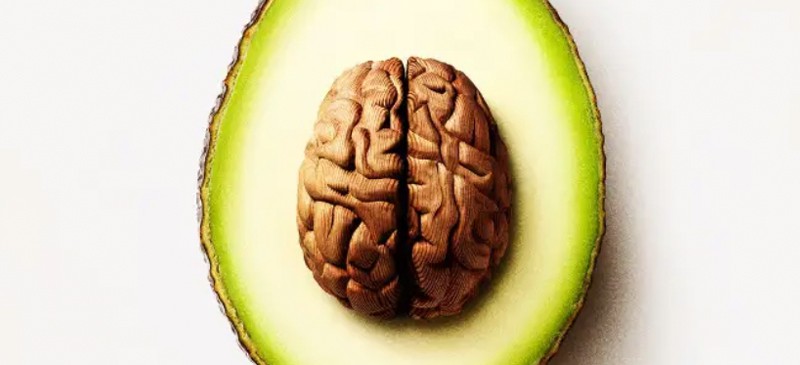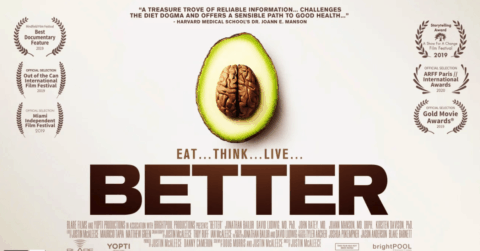This Dr. Axe content is medically reviewed or fact checked to ensure factually accurate information.
With strict editorial sourcing guidelines, we only link to academic research institutions, reputable media sites and, when research is available, medically peer-reviewed studies. Note that the numbers in parentheses (1, 2, etc.) are clickable links to these studies.
The information in our articles is NOT intended to replace a one-on-one relationship with a qualified health care professional and is not intended as medical advice.
This article is based on scientific evidence, written by experts and fact checked by our trained editorial staff. Note that the numbers in parentheses (1, 2, etc.) are clickable links to medically peer-reviewed studies.
Our team includes licensed nutritionists and dietitians, certified health education specialists, as well as certified strength and conditioning specialists, personal trainers and corrective exercise specialists. Our team aims to be not only thorough with its research, but also objective and unbiased.
The information in our articles is NOT intended to replace a one-on-one relationship with a qualified health care professional and is not intended as medical advice.
Fight Against Diabesity with the Movie BETTER
January 20, 2020

Today, an estimated 1 in 4 American adults are diabetic or prediabetic. Many of these people are dealing with the unwanted side effects of type 2 diabetes, such as swelling in the hands and feet, increased hunger and thirst, fatigue … and weight gain. While these are recognized symptoms of diabetes, our family and friends struggling with type 2 diabetes also experience a lesser talked about side effect: shame.
Current culture and nutritional theology has taught us that weight gain and excess fat are our own fault, which gives those struggling with diabesity (the dual epidemics of obesity and diabetes) the responsibility of their current physical state.
In the new documentary BETTER, Justin McAleece and Jonathan Bailor, New York Times bestselling author and founder of Wellness Engineering, along with Harvard professors, debunk this lie.
They dissect the causes behind the increasing rate of diabesity, the emotional and physical implications, why so many try and try and try but can’t seem to get healthy or lose weight, and what to do about all of this to live life better.
BETTER Movie Review 
There certainly isn’t a shortage of health and nutrition documentaries these days, but BETTER is one almost anyone can relate to, whether themselves or through a loved one.
Compassionate yet science-backed, BETTER spreads facts, hope and awareness we need about how to eat for health, energy and vitality as well as how to help fight disease. The documentary teaches three overarching truths:
1. Obesity Is a Disease
Society tells us an individual’s obesity is their responsibility, and it’s their fault. But as most overweight and obese people will tell you, “being fat sucks.” Why then would they choose to stay that way?
The short answer: They don’t. Obesity is a disease that is much more complicated and goes far deeper than a matter of willpower. In fact, a biological explanation exists to explain obesity.
Do you know that our bodies are always working to balance themselves out? The body has an ideal temperature, hydration level, blood pressure and, yes, weight … along with a number of other factors. They’re setpoints.
Bailor goes deep into setpoint theory to help the audience understand how diabesity happens, and how to reverse it. Your body’s weight setpoint is established based on your brain, gut and hormones. Here’s how:
- Brain: When fat can no longer store excess calories, it becomes ectopic fat, which becomes stored in the organs and bloodstream. The body becomes inflamed, and brain inflammation creates cravings.
- Gut: Eating low-quality processed foods such as sugar and refined carbs creates cravings by feeding bad bacteria, while eating high-quality foods can nourish good bacteria to help reduce cravings and increase your desire for whole foods.
- Hormones: Insulin directs the storage or burning of calories we eat depending on the signals it receives from the type of food we’re eating.
2. Goodbye Calorie Counting, Hello Quality Foods
Counting calories to lose weight is a popular strategy. It’s easy to understand and follow, you don’t have to change what you eat and it makes you believe, “If I can just practice willpower and eat less, I can take control of this.”
Here’s the real problem: according to Bailor, “Traditional restrictive dieting leaves 29 out of 30 people worse off.”
Why? Well, it’s not sustainable. The documentary explains that as you deprive your body of necessary nutrients, it shuts down and goes into starvation mode, all while your hunger continues to increase. Not to mention, this weight loss model completely disregards nutritional quality. For that reason, Bailor urges focusing on quality foods and a principle he’s dubbed SANE instead for sustainable and healthy weight loss.
In short, SANE stands for satiety, aggression, nutrition and efficiency. In essence, this principle suggests you focus on foods that keep you feeling full, don’t spike your glucose, contain a number of nutrients and are inefficiently stored as fat. This all sounds great, right? Well, it gets better.
3. Lower Your Body’s Setpoint and Lose Weight
Eating quality food actually lowers your body’s weight setpoint, which allows you to drop weight.
Here’s how it works: Eating high-quality food causes your hunger to naturally decrease while your metabolism increases, neither of which low-quality food or a restrictive diet can do. When you lower your setpoint, lower your hunger levels and increase your metabolism, your body doesn’t fight back with you.
Some of Bailor’s recommendations for lowering your set point include non-starchy vegetables, nutrient-dense (plant or animal) proteins, whole-food fats and low-fructose, keto fruits. Think: kale, spinach, salmon, avocados, berries and so much more.
Final Thoughts
BETTER is an inspiring and uplifting movie for those struggling with diabesity, or even those who are simply tired of conventional weight loss methods and unsuccessful fad diets.
It spreads awareness around the disease of obesity, and Justin McAleece and Jonathan Bailor offer a SANE solution to eating, giving hope to those battling their weight. To learn more about SANE foods and how to lower your body’s setpoint, you can watch the movie on Netflix now.


